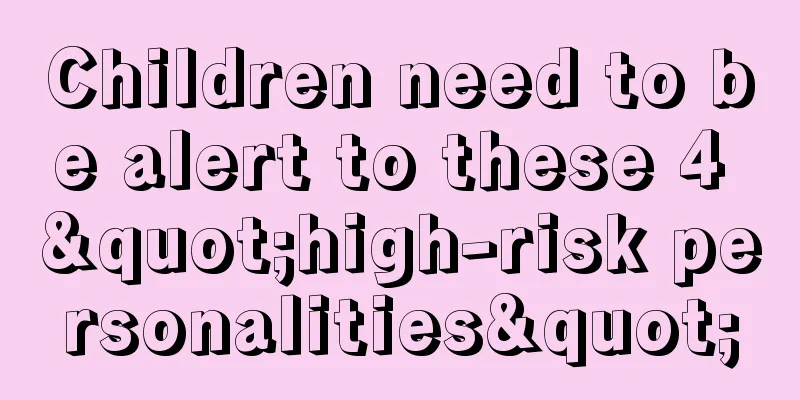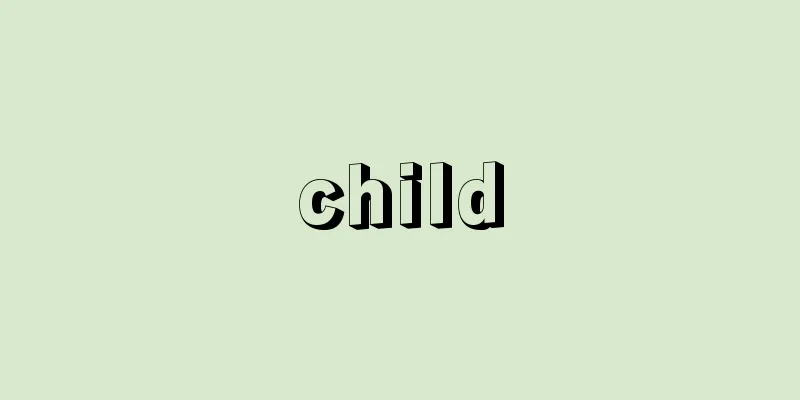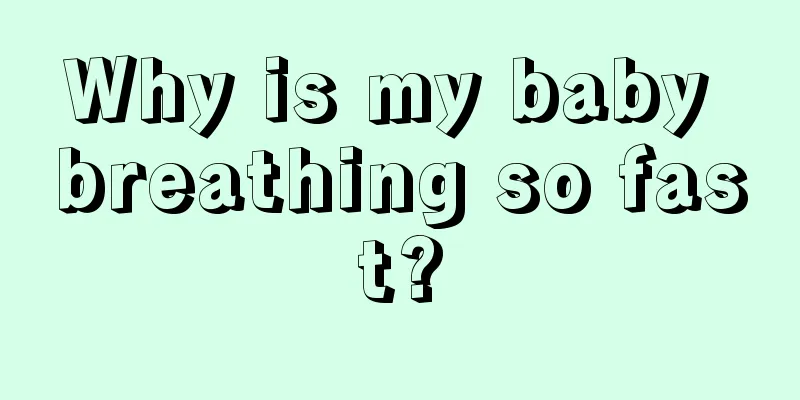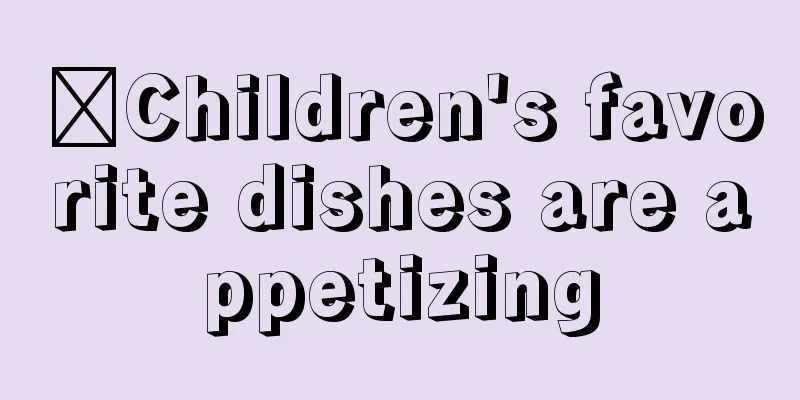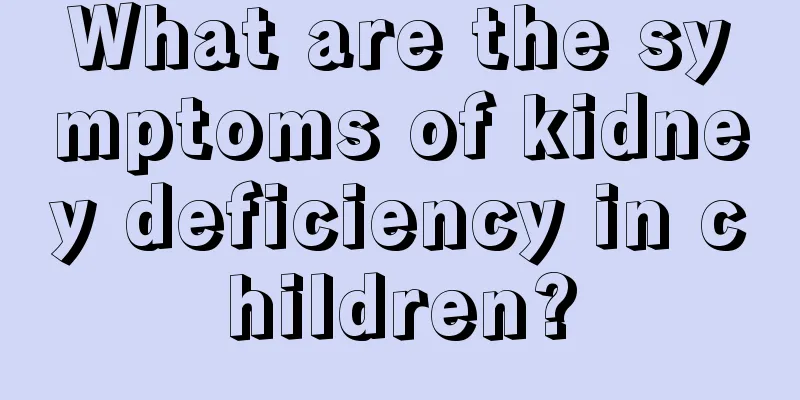Two and a half year old baby often has fever
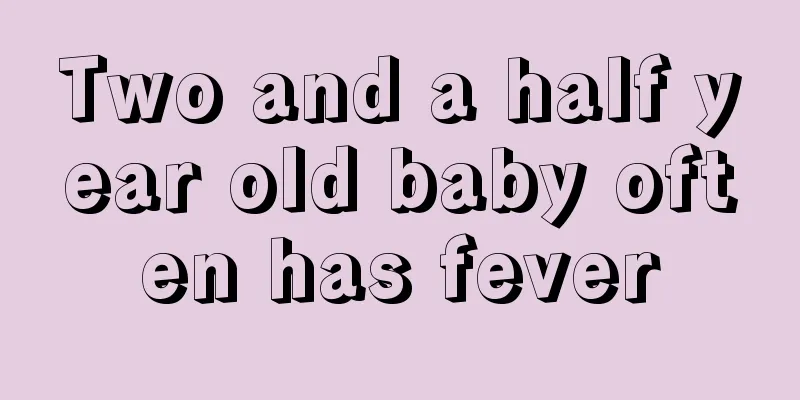
|
Two and a half year old baby often has fever If a two-and-a-half-year-old baby has frequent fever, it is related to the child's poor physical condition. He should go to the hospital for a formal examination in time to see what is wrong. If it is a fever of unknown cause, you must check the child's body and do a comprehensive examination. If it is a non-infectious fever, it may be related to central nervous system confusion. Let's take a look at this aspect. Two and a half year old baby often has fever It is difficult to adapt to the external environment, the immune function has not yet fully developed, or the temperature rises sharply after the fever subsides. The slightest carelessness may lead to repeated fever. Generally speaking, fever is mainly caused by viruses and bacteria invading the body, inducing respiratory or gastrointestinal infections. In addition, there are several other reasons: 1. Fever of unknown cause Broadly speaking: all patients with fever of unknown cause. Narrow sense: Generally speaking, fever is also used in clinical medicine in a narrow sense. The fever lasted for more than three weeks, and the child's temperature exceeded 38.5 degrees Celsius. The cause of the disease could not be determined through careful inquiry into the medical history, physical examination and routine laboratory tests. 2. Non-infectious fever It is not caused by various infectious diseases, but by various inflammations that lead to a disorder in the body's central temperature regulation system, or various reasons that cause the body to produce more heat and release less heat, resulting in an increase in body temperature that is different from normal body temperature. 3. Central fever This is also one of the reasons why children have recurrent fever. The reason is that pathological changes in the central nervous system function lead to confusion in the body temperature regulation center, resulting in fever. Professionals point out that the baby's nervous system is not fully developed, and it is more likely for the baby to have a high fever or a sharp rise in temperature after the fever subsides. Brain disease is more likely to be serious when accompanied by high fever, and most cases are caused by inflammation of the brain, urinary system, or lung infection. In addition, children with unexplained moderate body temperature rise and whose source or cause of infection cannot be found in a short period of time should not be casually identified as having central fever. What should I do if my child has repeated fever? Fever is a relatively common disease. The treatment of fever can be divided into physical cooling and drug treatment. 1. Below 38℃-physical cooling If the child's body temperature does not exceed 38 degrees Celsius, there is no need to use medication, but physical therapy can be used. Common physical therapies include drinking more boiled water, taking warm baths, and applying cooling patches, which can effectively lower body temperature. 2. 38℃~39℃-drug treatment At this time, parents need to pay attention to the baby's physical signs at all times so that timely treatment can be provided. For children, if the body temperature is higher than 38°C, medication is required. When it comes to drug treatment, you must not be blind. It is recommended to feed the baby after consulting a doctor. 3. Over 39℃ - Doctor's advice on medication When the child's body temperature is higher than 39 degrees Celsius, it is in the high fever stage and requires Western medicine treatment. It should be noted that babies must take medication under the professional advice of a doctor, and special attention should be paid to the dosage. In addition, the baby must be sent to the hospital for treatment in time. This article introduces in detail the specific reasons why babies often have fevers, and also introduces what to do if babies often have fevers. As a parent of a baby who often has a fever, you must learn how to deal with your baby's frequent fever. It is best for you to actively learn the coping methods introduced in this article so that you can easily deal with it when your baby has a fever. |
<<: The eczema on the baby's face has hardened
>>: What to do if your two-year-old baby doesn't have a bowel movement for three days
Recommend
Why do newborns fart a lot and smell bad?
It is normal for newborns to fart. Generally spea...
How to treat anemia in a one-year-old child?
Many one-year-old children suffer from anemia. In...
What is the reason why children often have stomach pain? Beware of acute pancreatitis
If a child often complains of stomachache, parent...
What are the symptoms of low immunity in babies?
Our babies are the apple of our parents’ eyes, th...
What treatments are effective for children's cough?
Children often cough. There are many reasons for ...
What should I do if my baby has a stuffy nose and can't hold the milk?
The most important thing for babies every day is ...
What to do if you are born with amblyopia?
Now we live in a high-tech society. People are st...
How to supplement calcium and zinc deficiency in children
Calcium and zinc deficiency is very common in chi...
What to do if your child has a fever
Children are very lively and active, and often pl...
What to do if your child curses
Everyone is born like a piece of pure white paper...
What to do if baby has poor appetite in hot weather
The baby's digestive function is weak, and th...
Red spots on the child's body
We all know that children's skin is very frag...
What causes pain in the groin of a child?
Children are in a period of rapid development, an...
Can newborns sleep on a cool mat?
In the hot summer, the baby's metabolism is v...
What should I do if my child has a fever of 381 degrees?
Children are the focus of the entire family. Beca...
